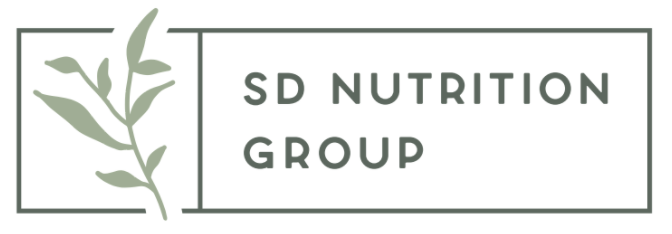What to Expect During a Session with an Eating Disorder Dietitian
Seeking support for an eating disorder or disordered eating can be scary. All of the unknowns of what to expect during sessions can feel overwhelming, and even act as a deterrent from meeting with experienced professionals. So, what can you expect when meeting with an eating disorder dietitian? Let’s talk about it!
1. An intake session: Typically, the first session is longer than the subsequent sessions. This “initial intake” session might include going over onboarding paperwork, laboratory values, medications and supplements history, diet history, allergies and intolerances, fear foods, body image concerns, movement history, and more. This session will often be a lot of talking while the provider listens. The intention is to gain a better understanding of your needs so that sessions can better serve and support you.
2. Developing a plan: Depending on timing, you will work with your dietitian to develop a plan for moving forward with care during your initial session or during the first follow up session. This plan is intended to be a collaborative way to make goals that feel safe, comfortable, and achievable for where you are in your recovery journey. This may include a meal plan, discussion about eating times, ways to include necessary food groups, and more.
3. Following up: Clients will often meet with their dietitians weekly or bi-weekly during earlier stages of recovery, and frequency of sessions may shift as you go. During these sessions you might discuss feelings around food, what eating has looked like since last session, areas that are still feeling uncomfortable, and how to continue working on agreed upon goals. Nutrition counseling often includes discussions about what is and isn’t working for you, how the provider can best support you, and support around your “stuck areas”.
4. Team coordination: When seeking support for an eating disorder or disordered eating, it is recommended to have a team of professionals including but not limited to a primary care physician, therapist, and psychiatrist (if in need of pharmaceutical support). Dietitians will often be in contact with each of your providers (with your permission) to assure that you are receiving the best care you can. Providers may discuss goals set in other sessions, your boundaries and things to be mindful of, and any medical concerns and/or medication side effects that require attention. Team collaboration is intended to best support you, not as a way for your providers to talk about you without your involvement.
Working with an eating disorder experienced provider is an important part of outpatient care. If you are feeling apprehensive about working with a dietitian and would like to know more about their style before scheduling a session, request a consult call before booking. Free consultation calls are a great way to assure that a provider is the right fit for you. Interested in learning more about our services or meeting some of our dietitians? Reach out here!
